Donald Trump’s election victory has sent a shudder through Europe and Asia as policymakers and executives digested the implications of a US-led lurch towards protectionism.
Europe’s export-oriented countries — led by the region’s largest economy, Germany — are heavily exposed to the US president-elect’s claims that he would tighten trade restrictions and loosen security ties with the US’s allies.
Moritz Schularick, president of the Kiel Institute for the World Economy, described a second Trump presidential term as “the most difficult economic moment” in Germany’s postwar history.
Berlin was “not prepared” to deal with the challenges both in foreign trade and security policy that it will soon face, he said, adding that it would now need to “invest massively” in defence capabilities.
The repercussions for the global economy are neither immediate nor straightforward, however.
Many analysts expect the next president’s vow to make his 2017 tax cuts on corporates and the wealthy permanent to initially boost growth. “Fiscal stimulus might dominate and be a small positive” in the near term, said Innes McFee at Oxford Economics.
US equity markets surged to an intraday high after Trump’s decisive victory, as investors focused on the prospect for lower corporate taxes and deregulation.
If Trump carries through his plans for higher tariffs — 20 per cent for exporters outside China, where a 60 per cent levy could be imposed — it would raise the prospect of tit-for-tat trade measures that would derail trade. But it will be many months before the details of Trump’s trade policy comes into view.
“The rest-of-world impact is dominated by what the eventual tariff regime is going to look like,” McFee said.

Peter Sand, chief analyst at Xeneta, said he expected shipping rates to soar as companies rush to send goods to the US ahead of the president-elect’s inauguration on January 20.
“The knee-jerk reaction from US shippers will be to front-load imports before Trump is able to impose his new tariffs,” Sand said. “If you have warehouse space and the goods to ship, front-loading imports is the simplest way to manage this risk in the short term — but it will bring its own problems.”
In a sign of the longer-term pressures a US lurch towards protectionism augurs, stocks in global shipping companies dipped on Wednesday.
Shares in Maersk, the world’s second-largest container shipping group, fell 7.6 per cent while Hapag-Lloyd was down by 5.8 per cent by noon.
Modelling from the IMF points to a wider economic hit if Trump’s threatened tariffs target a “sizeable swath” of global trade.
The tariffs — alongside the rest of his economic agenda of tighter migration rules, extended US tax cuts and higher global borrowing costs — would erase 0.8 per cent from economic output next year and 1.3 per cent in 2026, the fund said last month.
Krishna Guha, vice-chair at Evercore ISI, said he expected the Trump “macro shock” would have sharply diverging implications for the global economy, with the US experiencing higher prices and growth while other countries suffered disinflation and a dip in output.
Hildegard Müller, head of a trade body representing Germany’s struggling car sector, said the pressure on manufacturers to relocate production from Europe to the US would be “enormous”.
Michael Hüther, president of the Cologne Institute for Economic Research, said German companies should “brace for a costly trade war as of today”.
Ireland, home to the European headquarters or large operations of major US tech and pharma companies, also has an outsized trading relationship with the US.
“This is a really big issue for the Irish economy,” said Dan O’Brien, chief economist at the Institute of International and European Affairs. He added that the imposition of across the board tariffs was “the biggest near-term risk” for the Irish economy.
Europe as a whole appears acutely vulnerable, with the US accounting for a fifth of the bloc’s total exports last year, according to Eurostat data. At €502bn, EU exports were 46 per cent larger than the region’s imports of US goods.
Trump’s tariffs would hit an “already fragile Eurozone economy”, ABN Amro economists warned, with “the downside risks” to growth and inflation having significantly increased.
The outcome would be lower interest rates in the region — and a bigger gap between borrowing costs in the currency bloc and the US.
While most European shares lost ground, Austria’s Raiffeisen Bank International, which remains the largest western lender still operating in Russia, was the best performer on the Euro Stoxx banks index, up more than 6 per cent. During the campaign Trump repeatedly claimed he could quickly end the war in Ukraine.
The implications elsewhere will depend on how far Trump goes in pursuing his anti-globalisation agenda.
Asian exporters are exposed to higher trade barriers, with China’s already-weak economy set to suffer acutely if Trump goes ahead with plans to impose a 60 per cent levy on all Chinese exports to the US.
Analysts at Citigroup argued that the 60 per cent China threat feels more like a “bargaining chip” than a real risk.
Mexico, which has overtaken China as the biggest exporter to the US, is also vulnerable despite a free trade deal inked with the US and Canada during Trump’s first term.
He has vowed to impose tariffs — including a 200 per cent levy on cars imported from Mexico — unless its southern neighbour curbs the flow of migrants across its border.
Japanese automaker Honda warned on Wednesday of an “extremely big impact” on its exports to the US from Mexican plants should Trump follow through on that pledge.
For America’s trading partners, the immediate prospect is an extended spell of heightened uncertainty, as the world’s most important economy undergoes a historic regime shift.
“Trump remains unpredictable and erratic,” said Holger Schmieding, economist at Berenberg Bank. “We thus cannot really gauge which of his often grandiose and not always consistent campaign promises he would actually implement.”
Additional reporting by Laura Pitel in Berlin, Jude Webber in Dublin and Kana Inagaki, Daria Mosolova and Mari Novik in London
Data visualisation by Patrick Mathurin and Janina Conboye

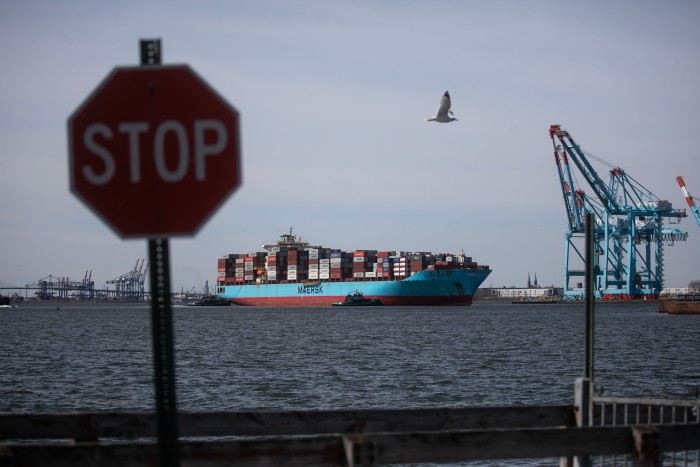


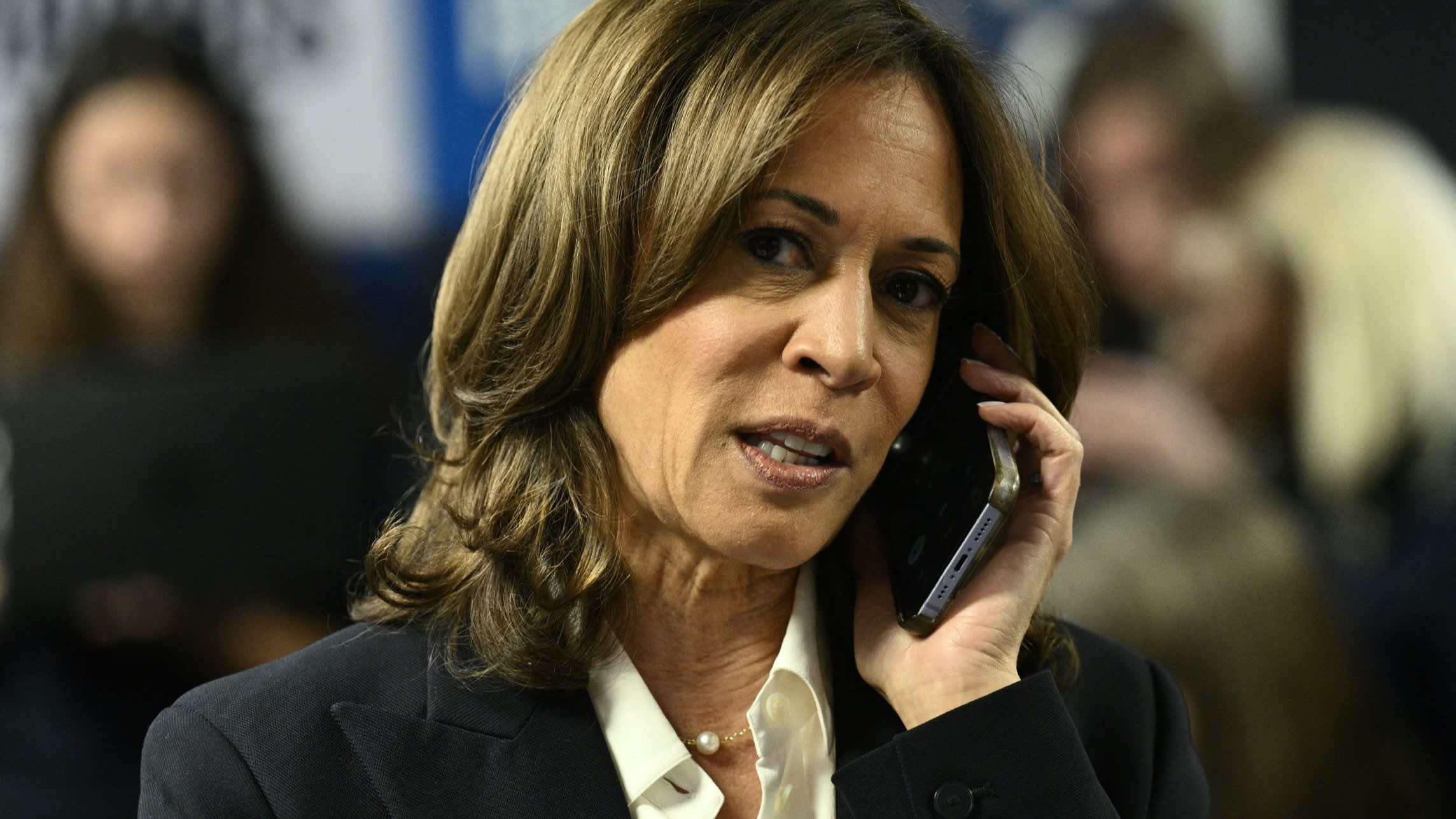


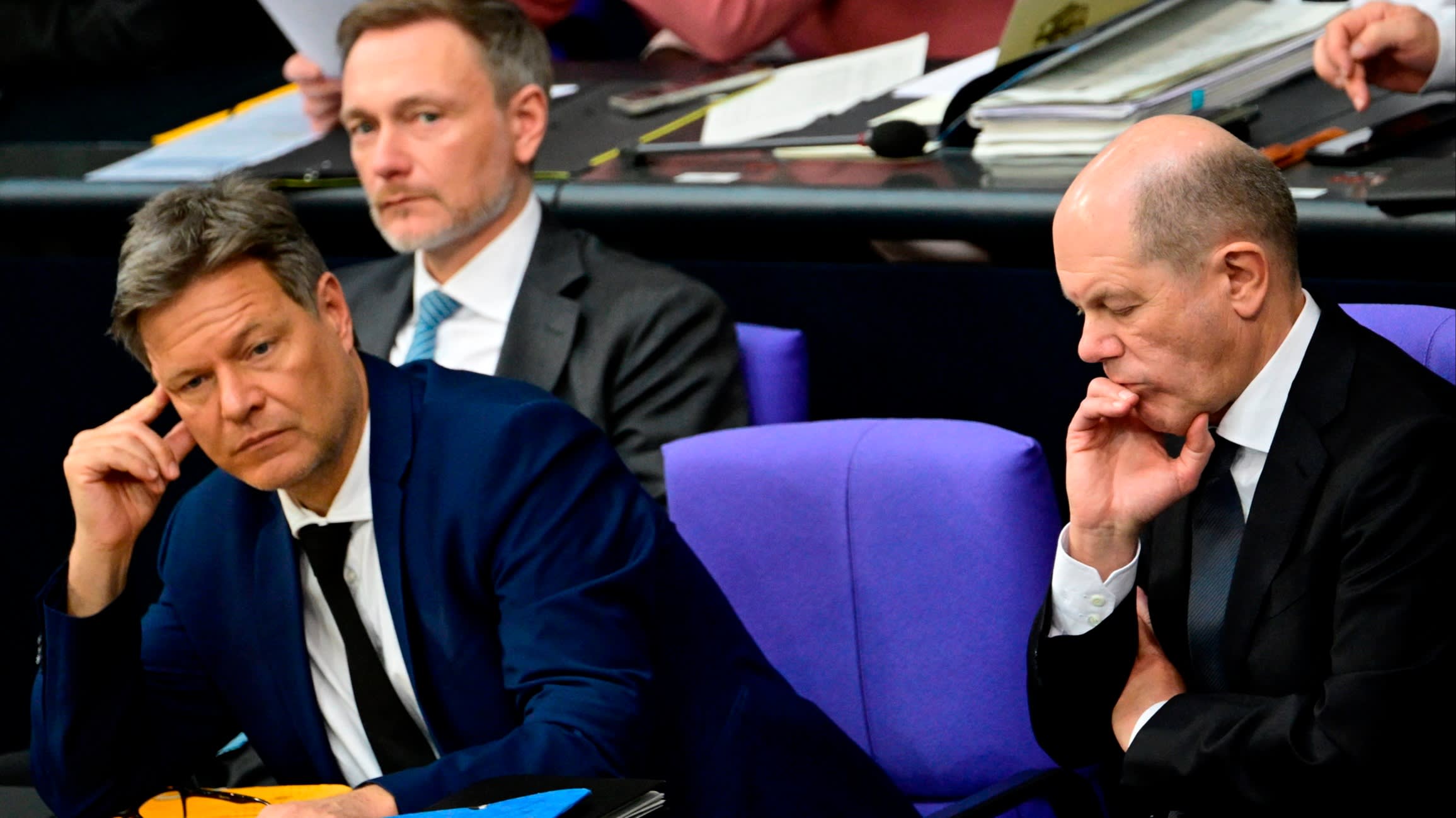








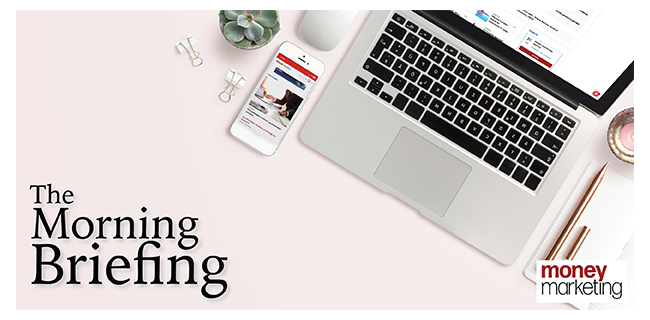






















































































































































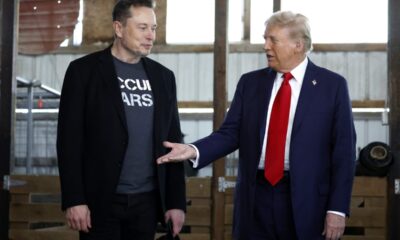









You must be logged in to post a comment Login